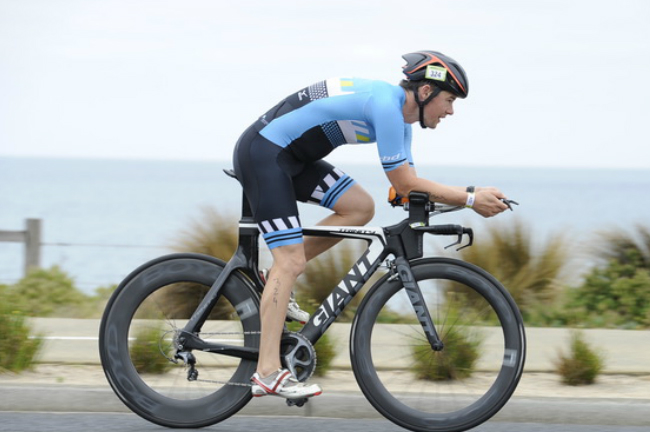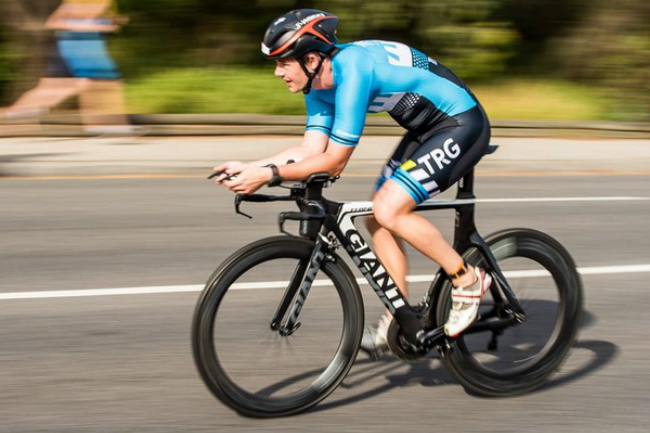Cycle your way into the new year injury-free
Looking to get back on the bike but can’t shake that pesky cycling injury? You’re not the only one.
Cycling, be it out on the road or a stationary bike is a great form of exercise. It is a very common form of cross training by many of our patients. They range from elite to beginner athletes, social cyclists and through to those in their 60’s and 70’s.
We’ve found cycling, or more specifically spin classes, to be the perfect exercise to compliment regular Clinical Pilates, and have noticed first-hand our clients’ improved fitness, strength and postural control.
Our Women’s Health Physiotherapist recommends spin classes as the ideal form of returning to cardio exercise post-natally.
Cycling’s popularity has steadily increased in recent years, which has resulted in a number of associated injuries presenting for diagnosis, management and rehabilitation at Renew Physiotherapy.
Cycling injuries most commonly arise from trauma such as a fall or an accident, but injuries can also result from non-traumatic causes such as a poor bike set up, strength, flexibility and training loads.
Non-traumatic cycling injuries
When considering the non-traumatic cycling injuries, there are two main contributors. Firstly, sub-optimal mechanics arising from poor bike set up and/or a lack of strength and flexibility in key areas of the rider.
The cyclist has three contact points to the bike; the handlebar, the seat and the pedals. Where the body sits between these three points at any time in the crank cycle has a significant bearing on the pain that a rider may experience.
Given the repetitive mechanical nature of cycling, any deficiency in the biomechanics of the rider and mechanical set up of the bike leads to a wide range of non-traumatic injuries.
Common non-traumatic cycling injuries include:
- Cervical spine pain
- Lumbar spine pain
- Anterior and lateral knee pain
- Saddle pain
- Foot pain
The second significant contributor to non-traumatic pain when cycling is the rate of increases in training loads. The human body can be positively and negatively affected by increases in training load or decreases/absences of training loads respectively.
The appropriate graded progression in load allows tissue to strengthen and provide greater tolerance to training, and over an extended period builds increased resilience in the tissue to acute fluctuations in training.
Managing your cycling injury
The clinical challenge in the management and rehabilitation of cycling injuries is in identifying the main contributors. As many injuries will resolve with time off the bike, there is a high risk of regressing if the cause of the issue is not addressed and appropriate modifications made.
Expect to explore a combination of bike set up, rider strength and flexibility, technical efficiency and progression of training loads in planning your rehab.
Of course, with all forms of exercise there are risks of injury, but the best way to avoid injury is to ensure you have the best instructors and expertise guiding you through.
For our local Hawthorn/Boroondara patients considering getting active in spin classes and not sure where to start, Sprinnt in Camberwell is a spin-specific studio where you will be individually set up, coached on the bike and guided through progressive loads in every class.
Our physiotherapists will liaise with Sprinnt spin instructors regarding patient needs, and classes can be purchased at our clinic in Hawthorn.
Enjoy your summer cycling safely and pain free.
Andrew Fooks – Renew Physiotherapy Sports Physiotherapist
Got a cycling injury that needs professional attention? Contact Renew Physiotherapy on 03 9818 3373 or email: [email protected]


